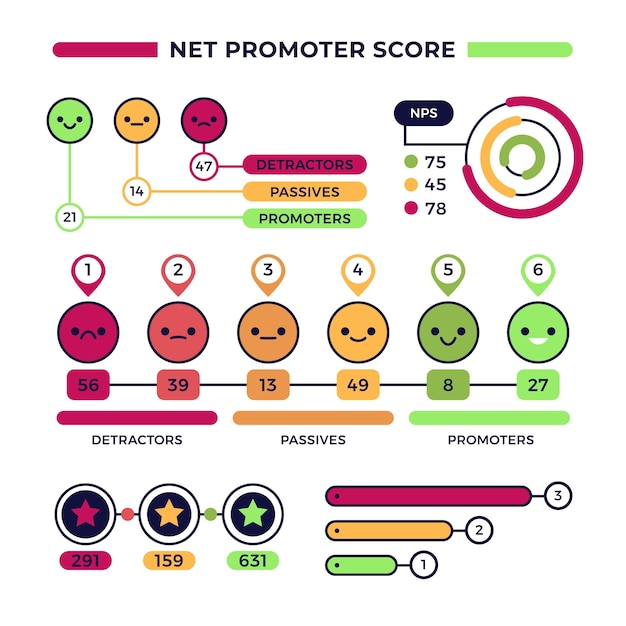
Days of the Week
The concept of the week, consisting of seven days, has been prevalent in various cultures throughout history. The names of the days of the week have their roots in ancient civilizations, religious beliefs, and celestial bodies. In this article, we will explore the origins and meanings of the days of the week.
Monday
Monday, the second day of the week in most countries, derives its name from the Old English word “Monandæg,” which means “Moon’s day.” This name was adopted in reference to the Moon, as it follows Sunday, which is named after the Sun. Monday is often associated with the beginning of the workweek and is often met with mixed feelings after the weekend.
Tuesday
Tuesday comes after Monday and is derived from the Old English word “Tiwesdæg,” which means “Tiw’s day.” Tiw was the Norse god of war and law. The Romans named this day after Mars, their god of war, which is why it is called “Martis dies” in Latin. Tuesday is often associated with energy and productivity, as it is the second day dedicated to work.
Wednesday
Wednesday, the middle day of the workweek, has its roots in the Old English word “Wōdnesdæg,” which means “Woden’s day.” Woden was the chief Germanic god, associated with wisdom, poetry, and war. The Romans named this day after their god Mercury, who was associated with travel and communication. Wednesday is often considered a turning point in the week, signaling that the weekend is approaching.
Thursday
Thursday follows Wednesday and is derived from the Old English word “Þunresdæg,” meaning “Thor’s day.” Thor, the Norse god of thunder, was associated with strength and protection. In Roman mythology, this day was named after Jupiter, the king of gods. Thursday is often associated with anticipation and preparation for the upcoming weekend.
Friday
Friday, the last working day of the week for many, is named after the Old English word “Frīgedæg,” meaning “Freya’s day.” Freya was the Norse goddess of love, beauty, and fertility. In Roman mythology, this day was named after Venus, the goddess of love. Friday is often considered a joyful day as it marks the end of the workweek and the beginning of the weekend.
Saturday
Saturday, the only day of the week that retains its Roman origin, is named after the Roman god Saturn. Saturn was associated with agriculture and liberation. In various cultures, Saturday is considered a day of rest, leisure, and personal activities. It is a time to relax and recharge before the start of the next week.
Sunday
Sunday, the first day of the week in many countries, derives its name from the Old English word “Sunandæg,” meaning “Sun’s day.” It is named after the Sun, which has been worshipped since ancient times. Sunday is often associated with relaxation, family time, and religious observances. It serves as a transition between the weekend and the beginning of a new week.
Summary
The days of the week have rich origins and cultural significance. From the Moon and the Sun to ancient gods and goddesses, each day carries its own symbolism and associations. Understanding the history and meanings behind the days of the week adds depth to our perception of time and the rhythm of our lives.
References
| Day | Origin |
|---|---|
| Monday | Old English – “Monandæg” (Moon’s day) |
| Tuesday | Old English – “Tiwesdæg” (Tiw’s day) |
| Wednesday | Old English – “Wōdnesdæg” (Woden’s day) |
| Thursday | Old English – “Þunresdæg” (Thor’s day) |
| Friday | Old English – “Frīgedæg” (Freya’s day) |
| Saturday | Roman – “Dies Saturni” (Day of Saturn) |
| Sunday | Old English – “Sunandæg” (Sun’s day) |



